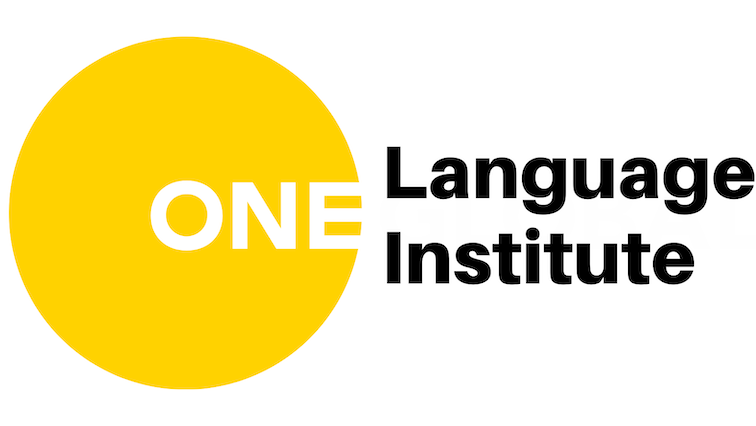Our INSTITUTE offers 9 languages. Choose your own and enjoy!
Select a tab below to get more information.
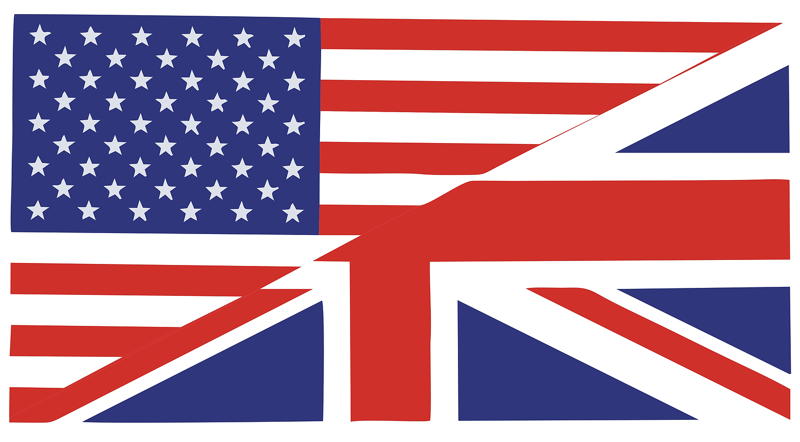
English is the most used and spoken language around the world. At least one out of 5 people can speak or understand English!
English is the official language of 57 countries worldwide, and if you learn it, instantly you will be able to communicate with people from all the continents. English is the language used in business, science, and technology. By learning it, you will increase your chances of getting a good job, participating in discussions, and improving your networking skills. Further, it will help you increase your educational opportunities. Another strong point will be that you can attend international schools worldwide and benefit from a valuable education. Moreover, you will gain access to numerous English resources and increase your knowledge instead of getting lost in translation. It will be fun to understand different cultures, communicate with people from all over the world, and observe habits that are different from yours.
Grammar
Spelling
Speaking
Reading
Spelling
Speaking
Reading
Vocabulary
Develop practical skills
Ask your teacher for specifics
Develop practical skills
Ask your teacher for specifics
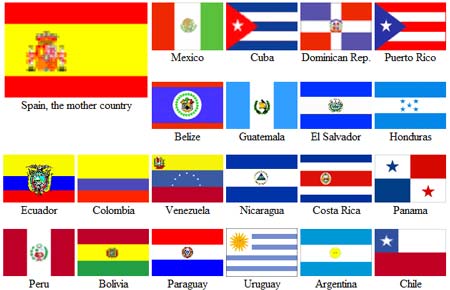
There are over 400 million Spanish speakers worldwide.
With more than 33 million speakers, Spanish is the second largest language in the United States. By learning Spanish, you'll be better able to communicate with Spanish speakers. Being able to speak Spanish greatly enhances your resume. If you are bilingual you are more competitive in the workplace. You can travel to a Spanish-speaking country and really get to know the culture. Your ability to understand Spanish enables you to gain important insights which monolinguals cannot. As we grow older, our memory begins to fade. Learning a foreign language actually helps keep your memory sharp.
Grammar
Spelling
Speaking
Reading
Spelling
Speaking
Reading
Vocabulary
Develop practical skills
Ask your teacher for specifics
Develop practical skills
Ask your teacher for specifics
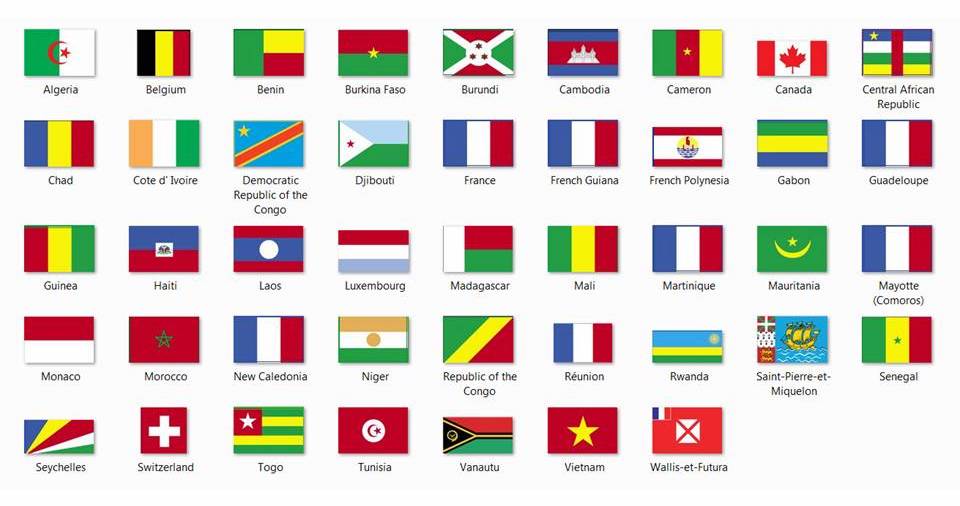
Some people choose French because it is spoken in so many countries. Others enjoy exploring the rich literary, historical and cultural traditions of the French-speaking world. Some just fall in love. If you already chose French, you know your reasons. Here are a few practical reasons to study French you may not know.
French is the second most useful language in the world for business. Studying French makes you smarter. French is one of the top ten majors most likely to lead to less unemployment and higher earnings. 274 million people speak French every day, i.e. 14% of the world population, on the 5 continents.
Grammar
Spelling
Speaking
Reading
Spelling
Speaking
Reading
Vocabulary
Develop practical skills
Ask your teacher for specifics
Develop practical skills
Ask your teacher for specifics

Chinese is not as hard as you think! It has no tenses, no cases, no genders and simple grammar When it comes to the issue of grammatical complexity, Chinese is really one of the easiest languages there is to learn.
Chinese will open up a world of opportunity for you. The main driver of the language’s attractiveness is China’s booming economy and its status as a rising global superpower. Over the last 35 years, China has transformed itself from an impoverished third world country to become what is arguably the largest global economy. Aside from the obvious economic and job-seeking benefits of knowing Chinese, there are plenty of other benefits to opening yourself up to communicate with all of those who call China home. While English is widely spoken in many other countries of the world such as India, Nigeria and those of the European Union, this is not the case in China. Most students learn English in school, but few can speak it to any useful level. Only through speaking Chinese can someone really experience everything that China and its millennia-old civilization has to offer.
Grammar
Spelling
Speaking
Reading
Spelling
Speaking
Reading
Vocabulary
Develop practical skills
Ask your teacher for specifics
Develop practical skills
Ask your teacher for specifics
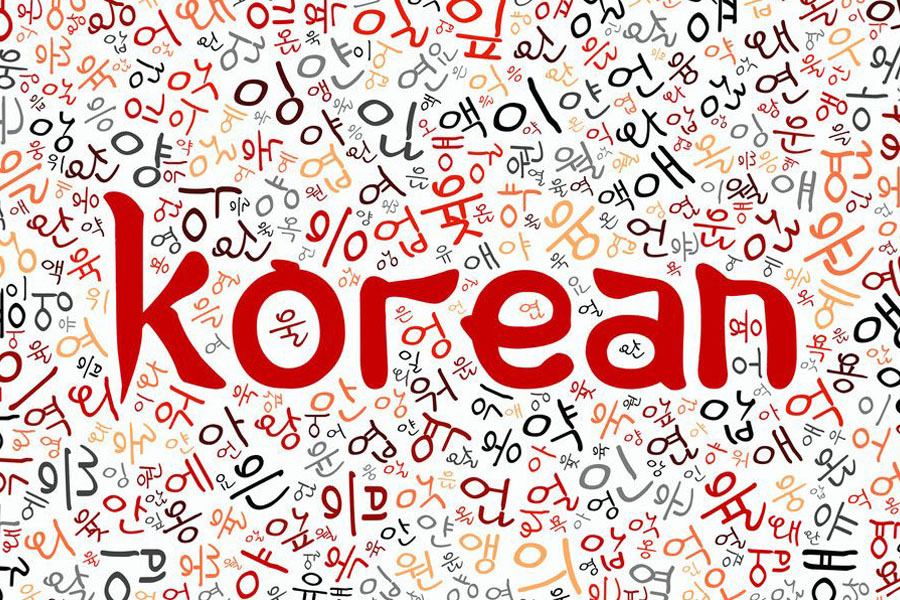
Why Learn Korean?
Learning Korean connects you to 75 million people worldwide. Here, you can have a one-of-a-kind opportunity to dive into Korean culture and explore a new world. You may want to prepare for your future. Knowing another language and appreciating other cultures—these are skills that last a lifetime. Whether your interest is world affairs, technology, business, or just broadening your mind, learning Korean will leave you with knowledge and understanding that you’ll use again and again.
Grammar
Spelling
Speaking
Reading
Spelling
Speaking
Reading
Vocabulary
Develop practical skills
Ask your teacher for specifics
Develop practical skills
Ask your teacher for specifics

Why Learn Japanese?
Japan has the 2nd largest economy in the world, only second to the U.S. The majority of people who learn a foreign language choose a European language like Spanish, French, German, or Italian. Choosing a less commonly learned language will pop out on your resume and differentiate you from the crowd. The market for Japanese tourist dollars is strong. A knowledge of Japanese can gain you entry into that market. Of course, knowing Japanese will make your own visit Japan both easier and much more enjoyable. It’s not as hard as you think! It’s true that Japanese has a much different system of writing than English or any other European language. However, foreigners can get by with learning the 44 or so hiragana or katakana characters that represent sounds in much the same way as the English alphabet does. In addition, the grammar of Japanese is in many ways simpler than that of European languages. Japanese nouns have no genders, plural forms, or accompanying articles to learn. The language also has only two verb tenses, present and past, and includes very few irregular verbs. Spoken Japanese has only 5 vowel sounds and spelling is phonetically consistent, making the language relatively easy to pronounce.
Grammar
Spelling
Speaking
Reading
Spelling
Speaking
Reading
Vocabulary
Develop practical skills
Ask your teacher for specifics
Develop practical skills
Ask your teacher for specifics
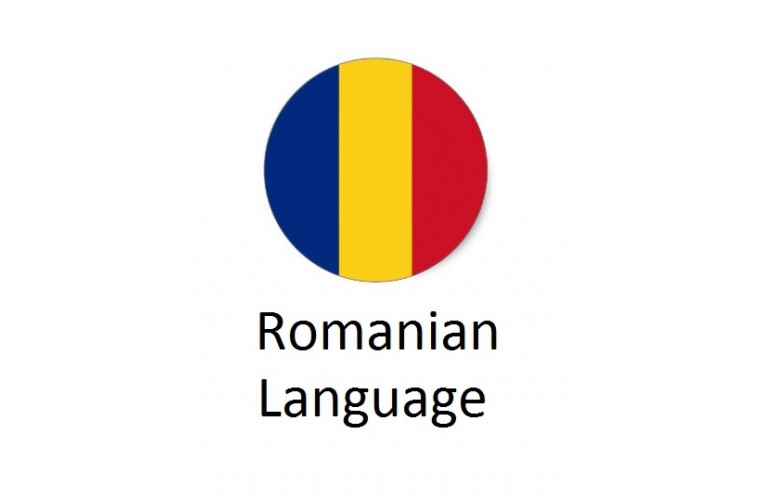
Study shows that Romanian is one of the easiest language to learn for English speakers
There are 26 million Romanian speakers worldwide. While they mostly live in Romania and Moldova, there are large Romanian communities in Hungary, Ukraine, and even in the United States. Actually, once you learn the vocabulary, Romanian is easy to read or speak. Being a phonetic language, all the words are pronounced exactly as they are spelt. Romania has a rich history and plenty of fun traditions. If you speak Romanian, you can experience these like a local.
Grammar
Spelling
Speaking
Reading
Spelling
Speaking
Reading
Vocabulary
Develop practical skills
Ask your teacher for specifics
Develop practical skills
Ask your teacher for specifics
The Portuguese-speaking world, also known as the Lusophone World
With approximately 236 million native speakers and 27 million second language speakers, Portuguese has approximately 263.8 million total speakers. It is usually listed as the fifth-most spoken native language, the third-most spoken European language in the world in terms of native speakers and the second-most spoken Romance language in the world, surpassed only by Spanish. Being the most widely spoken language in South America and the most-spoken language in the Southern Hemisphere, it is also the second-most spoken language, after Spanish, in Latin America, one of the 10 most spoken languages in Africa, and an official language of the European Union, Mercosul, the Organization of American States, the Economic Community of West African States, the African Union, and the Community of Portuguese Language Countries, an international organization made up of all of the world's officially Lusophone nations. In 1997, a comprehensive academic study ranked Portuguese as one of the 10 most influential languages in the world.
Grammar
Spelling
Speaking
Reading
Spelling
Speaking
Reading
Vocabulary
Develop practical skills
Ask your teacher for specifics
Develop practical skills
Ask your teacher for specifics
More than 130 million people worldwide speak German as their mother tongue or second language. German is the official language in Germany, Austria, Luxembourg, Belgium, Liechtenstein and Switzerland. German is also used in the European Union as an internal working language alongside English and French. German is the most widely spoken mother tongue in the EU.
What special letters does German have?
The written language in German comprises the 26 letters of the Latin alphabet. In addition, there are the three umlauts Ä, Ö and Ü and also the Eszett (ß). The Eszett is a letter that only exists in written German. The five most frequently used letters in German are E, N, I, S and R. The five rarest letters are ß, J, X, Y and Q.
[/one_second]
Grammar
Spelling
Speaking
Reading
Spelling
Speaking
Reading
Vocabulary
Develop practical skills
Ask your teacher for specifics
Develop practical skills
Ask your teacher for specifics
"If you talk to a man in a language he understands, that goes to his head. If you talk to him in his own language, that goes to his heart."

